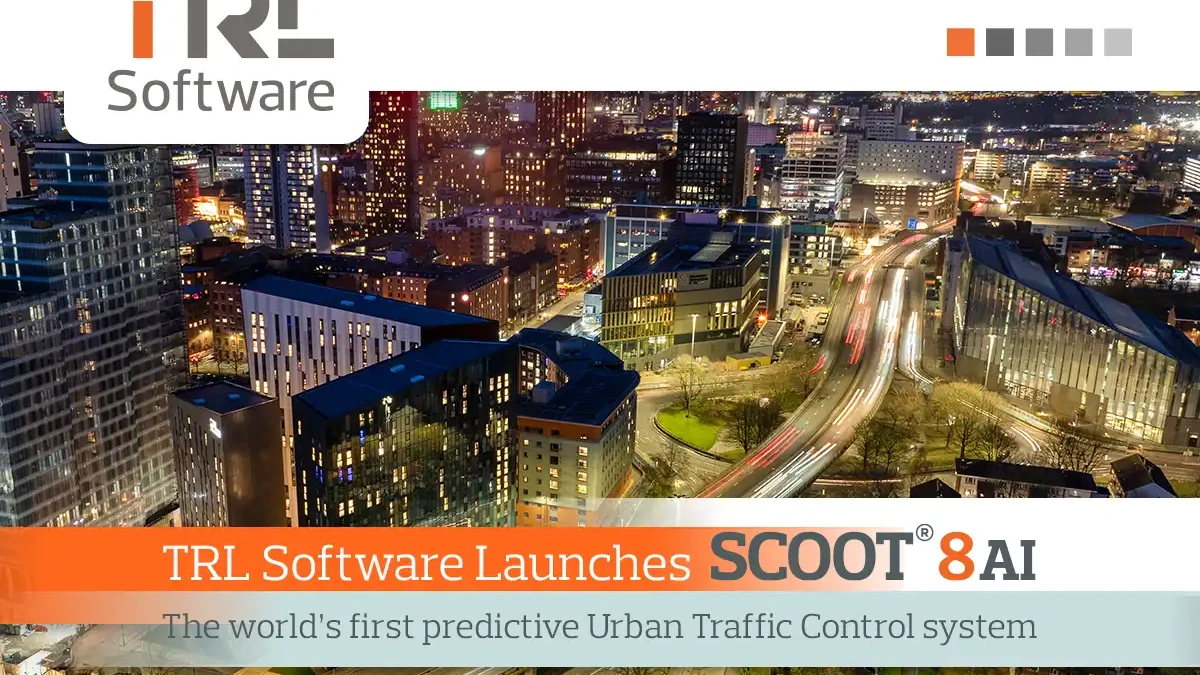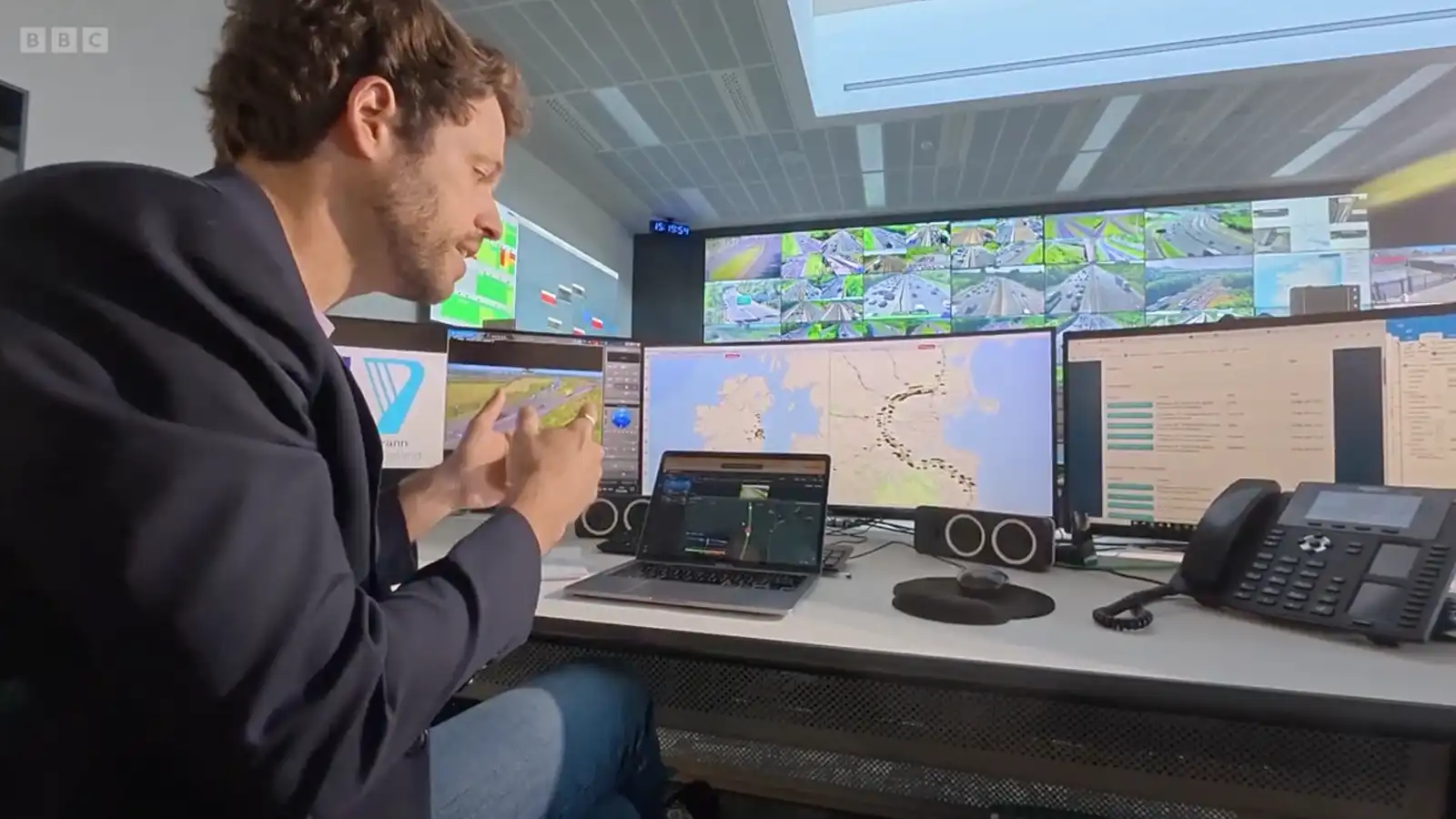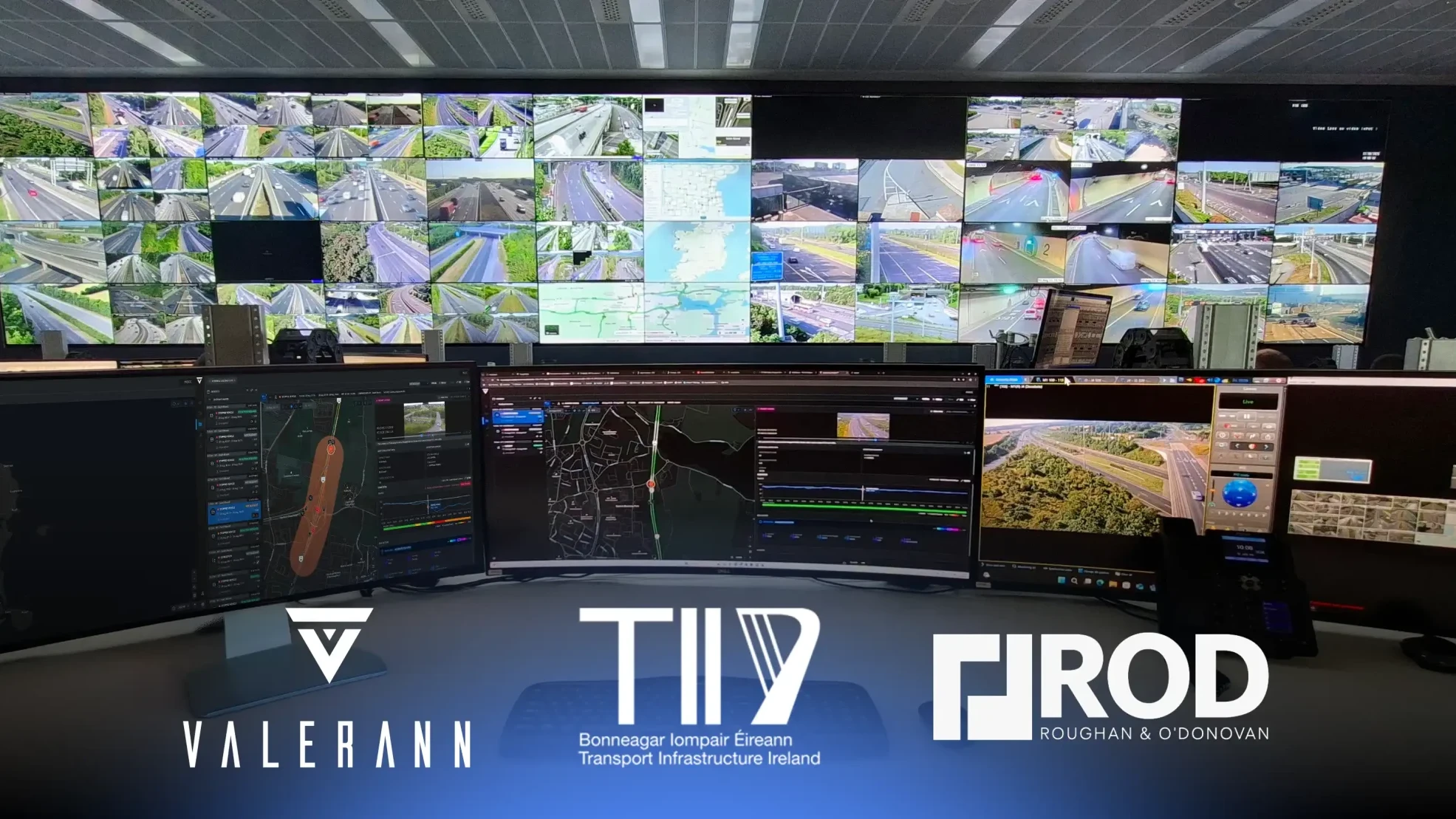ORIS Materials Intelligence Shows How AI Can Minimise Carbon & Costs at Scale
ORIS Materials Intelligence, a digital startup pioneering sustainable design for roads and other linear infrastructure, unveiled in its 2024 Impact Report key findings, the power of AI and geospatial insights to drive decarbonisation, circularity, and cost-efficiency at scale in road infrastructure. This report underscores how digital intelligence can be a transformative lever for infrastructure planning, unlocking climate and financial benefits without compromising performance.
Finding #1: AI and Data Science to Mitigate Road Construction GHG Emissions
ORIS identified levers to avoid over 3 million tonnes of CO₂ eq. in 2024 through 16 road projects
Through the 16 consulting projects achieved in 2024, the startup used its innovative AI-powered digital platform to identify for its clients levers and solutions that would avoid 3.1 million tonnes of CO₂ emissions in road projects—equivalent to the annual emissions of nearly one million cars.
At a time when the road sector accounts for more than 12% of global CO₂ emissions (source: WRI), ORIS’s AI and data-driven approach is demonstrating that digitisation can cut carbon at scale—without increasing project costs.
“Construction materials account for 85% of road construction carbon emissions and impact 60% of its costs. Our platform puts that knowledge in the hands of decision-makers—early, accurately, and at scale,” said Nicolas Miravalls, ORIS Materials Intelligence CEO and co-founder. “With ORIS, sustainability is not an afterthought—it’s built in from day one.”
Finding #2: Recycled Materials: AI to Fast-Track Circularity
ORIS supported clients to identify how to reuse existing materials in their projects and preserve up to 4.4 million tonnes in primary resources in 2024
This figure illustrates the tangible impact of embracing circular economy principles in infrastructure development. Using its platform, ORIS supports clients in identifying the reuse of excavation materials from one part of the project to another. The ORIS platform also references over 44,000 material suppliers, including 7% of sites with recycled materials.
Finding #3: Data Shows that Sustainable Infrastructure Is not More Expensive
Key finding: ORIS helped identity savings amounting to $24 million for its clients in 2024
Contrary to the belief that sustainability increases costs, ORIS’s data-driven models identified combined budget savings of $24 million for clients in 2024. These were achieved by selecting smarter material combinations and favouring more durable solutions, reducing the need for early maintenance and repair. The evidence confirms that environmental and financial performance can go hand in hand.
Finding #4: A New Approach to Road Climate Resilience for Communities
More than 18,000 km of roads assessed for climate resilience, thanks to an innovative approach combining climate data, road vulnerability and socio-economic impact.
In 2024, ORIS assessed 18,553 km of roads for climate resilience, providing data-driven insights to build infrastructure that can withstand climate challenges with its innovative approach. In a significant case study in Central Asia, 7,765 km of road networks were assessed, identifying that 25% of these roads were highly vulnerable to climate hazards, impacting 30% of the local population. This AI-powered climate resilience assessment highlights how advanced methodologies can quantify the vulnerability of extensive infrastructure networks to climate change and understand the potential impact on communities, informing crucial adaptation measures such as material upgrades and improved drainage.
“We’re proving that digital tools can unlock massive carbon savings—while improving cost-efficiency and resilience,” added Renaud de Montaignac, ORIS Materials Intelligence COO and co-founder. “This is how the sector can truly build for the future.”
ORIS Material Intelligence 2024 Key Impact Figures:
• 1,400+ users and 44,000+ material suppliers referenced on the ORIS platform
• ORIS projects led to identify levers and solutions enabling its clients to:
o Avoid 3.1 million tonnes of CO₂ emissions
o Spare 4.4 million tonnes of raw materials with circular options
o Optimise budgets with $24 million in project savings identified
o Anticipate climate resilience for 18,553 km of roads around the world, with ORIS’ unique methodology
• To achieve these results, ORIS’ own GHG emissions represented less than 0.005% of identified reductions
ORIS Materials Intelligence is an AI-powered and data-driven digital platform dedicated to improving the sustainability of linear infrastructure—such as roads and railways—by optimising the use of construction materials. Using artificial intelligence, life cycle assessment, and geospatial analysis, ORIS helps engineers, contractors, and public authorities design more sustainable, resilient, and cost-effective infrastructure. From measuring and reducing carbon and raw material use to increasing climate resilience and circularity, ORIS provides the sector the tools needed to rethink how infrastructure is planned and built to meet the challenges of climate change. In 2024, ORIS became a Société à Mission in the French legal sense, embedding its purpose—driving sustainability, efficiency, and inclusion in infrastructure—into its legal structure.
Latest News
- MoU signing between IRF and VRCIC to Advance Cooperative Vehicle-Infrastructure Technologies

- IRF and CHTS Strengthen Collaboration in Advancing Research in Autonomous Vehicles

- Driving Innovation: IRF and CHTS Strengthen Collaboration in Smart Mobility Research

- Hi-Drive Webinar Explores the Technology Enablers for Higher Vehicle Automation

- Introducing the IRF Start-Up 2025 Finalists

- Building Resilient Roads for a Safer and Connected Future

MORE NEWS
October 5, 2025
0 Comments7 Minutes
From intrapreneurial initiative to independent start-up: ORIS Materials Intelligence accelerates its development
ORIS adopts a new shareholding structure around its co-founders, with the entry of a new strategic investor, LIBERSET.
September 24, 2025
0 Comments3 Minutes
TRL Software Launches SCOOT® 8 AI
World's First AI-Powered Predictive Urban Traffic Control Solution
September 18, 2025
0 Comments5 Minutes
Milton Keynes City Council selects TRL Software’s UTC powered by SCOOT®
The TRL Software will be used to manage the growing city’s traffic network
September 18, 2025
0 Comments6 Minutes
BBC Tech Now features Valerann
Valerann discusses features of its Motorway Operations Control Centre with BBC.
September 4, 2025
0 Comments4 Minutes
Valerann Wins 2025 IBTTA Toll Excellence Award
Valerann was awarded for Transforming Incident Detection and Response on Ireland’s Road Network with AI-Powered Data Fusion













